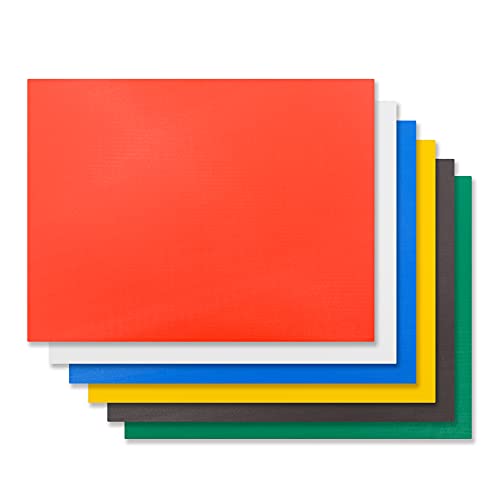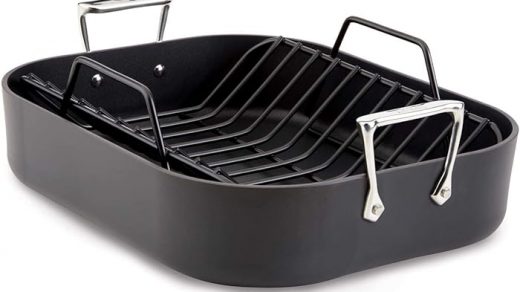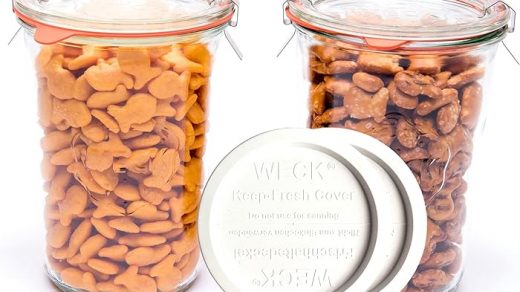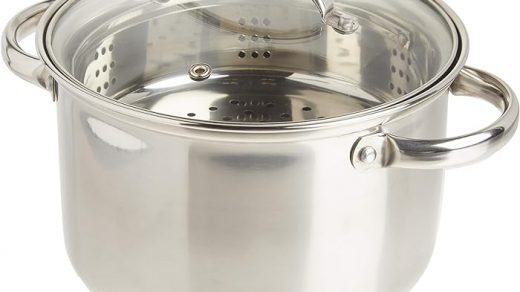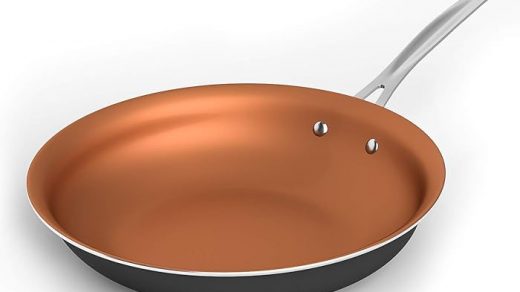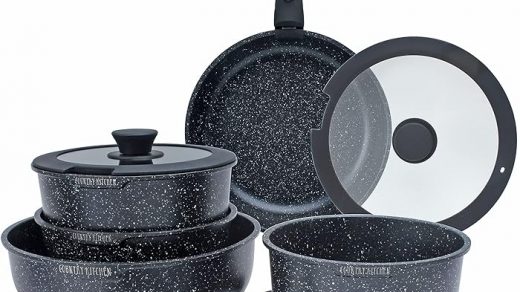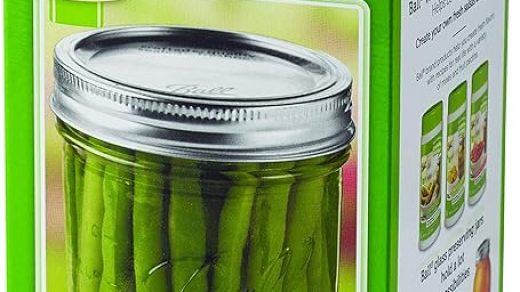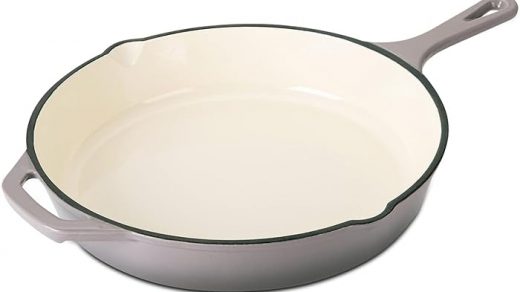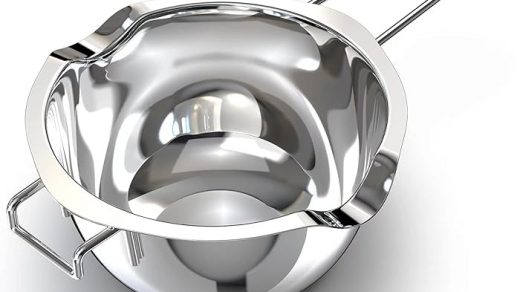【High Quality 】Resists Cuts, Stains ,Cranking And Odors.
【Multicolor】Six Color For Multi Use,Red For Raw Meats, Green For Fruits And Salads, Blue For Raw Fish, Yellow For Cooked Meat,Brown For Vegetables, White For Dairy Products.
Professional Grade Plastic NSF approved for restaurants and food service Multicolor Six color for multi use,red for raw meats, green for fruits and salads, blue for raw fish, yellow for cooked meat,brown for vegetables, white for dairy products High Quality Resists Cuts, Stains ,Cranking and Odors
· A chopping board is, without doubt, a kitchen essential. The best chopping boards should see you through all your culinary adventures, no matter how tough they may be.
· Chris’s go-to brand is Notrax cutting boards. “They’re practical and make sense for any kind of kitchen work,” says Chris. If you’re working with …
· One of the most sustainable plastic cutting boards, Material Kitchen’s The reBoard is made up of 75% post-consumer plastic scraps gathered from kitchen tool …
· Unlike wood, plastic has no inherent antiseptic properties. However, unlike wood, plastic boards do allow rinsing with harsher cleaning chemicals such as bleach and other disinfectants without any damage. Wooden boards when washed with harsher chemicals can retain some of these chemicals which can later contaminate other food.Talking about the wooden cutting board, it is a renewable …
· How to Clean Plastic Cutting Boards Plastic Cutting Boards. Most plastic cutting boards are designed to be dishwasher safe, but repeated exposure to high temperatures may cause warping. You can also clean your plastic cutting boards using the following method: Create a sanitizing solution of 1 tsp. of bleach to 1 quart of water.
· Material Recycled Plastic Cutting Board (Set of 2) $70 at West Elm. If you’re serious about cooking, and have the kitchen room to spare, you …
HDPE cutting boards offer numerous benefits in comparison to other options such as wood. An HDPE cutting board’s non-porous surface makes it easy to clean and great for food safety. This is why you almost exclusively see HDPE cutting boards in commercial kitchens!
· Wood cutting boards need to be conditioned with food-grade mineral oil. [Photograph: Liz Clayman]. Requires Some Upkeep: That’s the main bad part: Wood needs to be cared for. It’s an organic material, and it frequently needs to be conditioned with food-grade mineral oil to prevent it from drying out, warping, and cracking. Keeping a wooden cutting board saturated with oil also helps protect it …
Refresh That Old Plastic Cutting Board: Plastic (polyethylene) cutting boards tend to get worn with use, eventually leading to an unsightly (and often unsanitary) surface. Between cut marks, foods, and cleaners can leave a plastic board looking pretty ragged. But not all is lost – a qui…
· On plastic cutting boards, every cut on the surface stays there forever. More grooves on a cutting board = more places for bacteria to hide. Therefore, plastic cutting boards are not as safe from harboring bacteria as we’ve been led to believe, and in fact, wood boards may have better antimicrobial properties after all!
